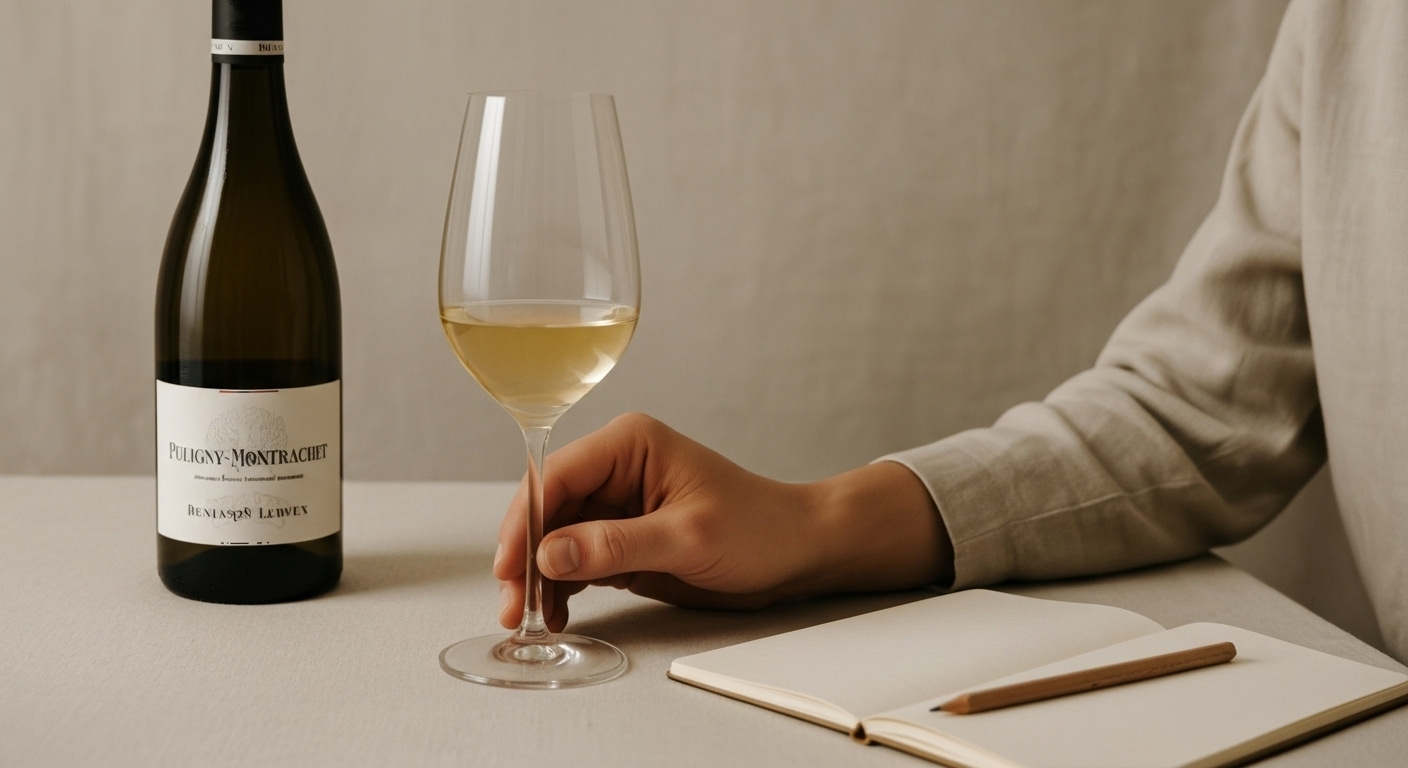

Why We Taste (Beyond Pleasure)
You probably started tasting wine because it was fun. You liked the flavors, the buzz, and maybe the ritual of it. But if you’ve kept at it, you’ve noticed something deeper happening. The more attention you give to tasting, the more it changes how you notice everything — not just wine.
This issue is about that shift — from drinking for pleasure to tasting for understanding.
1. Pleasure and Preference
At first, tasting is about enjoyment. You look for wines that fit your mood or match your food. You use simple words — smooth, fruity, bold. You pour another glass when something tastes good, and you skip what doesn’t.
This is where most people stop. Wine stays in the category of comfort — something you consume, not something you learn from. But staying here keeps tasting flat. It’s like listening to music only for the beat and never hearing the melody.
2. From Reaction to Observation
As you slow down, you notice more. You start describing instead of judging. You feel how texture, temperature, and balance affect what you taste. You realize that one wine can feel sharp, while another feels soft — and both can be good.
This is the turning point. You’re no longer reacting; you’re observing. You begin to recognize patterns — how acidity lifts a wine, how tannin gives shape, how alcohol changes weight.
You’re learning to translate what you sense into what you know.
3. Connection and Reflection
Every wine carries a story — where it’s grown, how it’s made, who made it, and why. When you taste mindfully, you connect to those decisions. You start to see winemaking as problem-solving, not magic. You notice vintage differences, soil types, and choices in style.
This is where tasting becomes empathy. You start to understand how climate, culture, and craftsmanship shape what’s in your glass.
Pleasure becomes part of something larger — a sense of connection to people and places you may never meet.
4. Training Mindful Attention
Tasting trains your mind as much as your palate. Each glass asks you to focus, recall, and describe. You learn patience by sitting with a wine as it opens. You practice memory by comparing what you taste now to what you’ve tasted before.
The real value of tasting isn’t in finding perfect wines. It’s in sharpening your ability to notice details and stay present.
Over time, that awareness spills into other parts of life — how you eat, listen, and even think.
5. Becoming a Mindful Taster
You’re no longer just a wine drinker. You’re learning through wine.
Each tasting is a short exercise in attention — a chance to slow down, observe, and reflect.
The point isn’t to sound smart or memorize flavor wheels. It’s to train how you see. To build a habit of curiosity. To find meaning in what others rush past.
You taste not just for pleasure, but for awareness. And that’s what turns wine from a drink into a lifelong practice.

